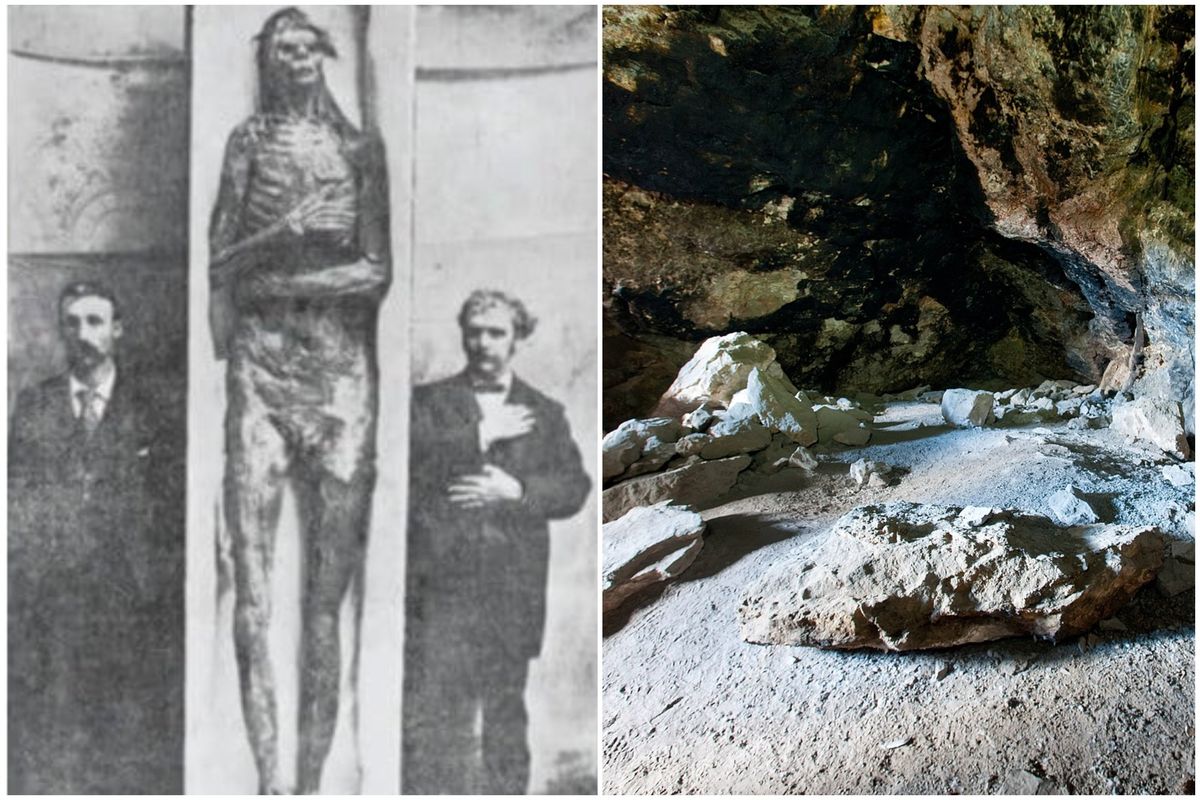Viral
Indy100 Staff
Sep 29, 2022
UAMN TV
The internet loves nothing more than a good conspiracy theory, and now there’s a new one to add to the list.
A woman has claimed that four artificially intelligent robots killed 29 scientists in a lab in Japan in 2017.
Journalist and conspiracy theorist Linda Moulton Howe told the story at the Conscious Life Expo in Los Angeles in February 2017, and a video from the event has now gone viral after it was circulated on social media.
In her speech about artificial intelligence and alien encounters, Howe recalls a phone call she said she had with a former marine who had been working for the CIA.
Sign up to our new free Indy100 weekly newsletter
She said: "At a top robotics company in Japan this week, four robots being developed for military applications killed 29 humans in the lab. And they did it by shooting what he called metal bullets. I didn’t know there was any other kind."
Howe added: "The scariest part is that lab workers deactivated two of the robots and took apart the third. But the fourth robot began restoring itself and somehow connected to an orbiting satellite to download information about how it could rebuild itself even more strongly than before. This is serious s*** Linda, but you're not going to hear about this in the news. The robotics company has too much to lose, and the government wants AI robot soldiers."
The video of the speech has been retweeted more than 110,000 times on Twitter, and some people seem to genuinely believe Howe’s story.
But lots of people have also doubted Howe’s credibility and point out that there is no evidence to support her story.
It’s highly likely that if 29 scientists died in a lab Japan, this news would have spread pretty quickly around the world.
Whether or not anyone gets to the bottom of Howe’s story, it’s probably safe to say that this won’t be the last bizarre conspiracy theory to make the rounds on the internet.
Have your say in our news democracy. Click the upvote icon at the top of the page to help raise this article through the indy100 rankings.
Top 100
The Conversation (0)














